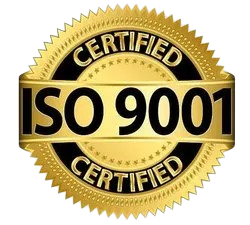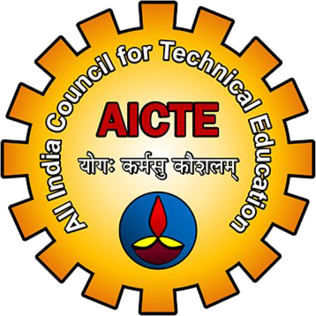◉ Overview of computer systems and hardware
◉ Introduction to software, operating systems, and file management
◉ MS Office Tools: MS Word, MS Excel, MS PowerPoint, and MS Access
◉ Internet basics, email, and browsing
◉ Overview of Java: Features, advantages, and applications
◉ Java syntax and basic structure of a Java program
◉ Variables, data types, and operators
◉ Control structures: if-else, switch-case, and loops
◉ Functions and method overloading
Core Object-Oriented Concepts
◉ Inheritance: Single, multi-level, and multiple inheritance in Java
◉ Polymorphism: Method overriding and dynamic method dispatch
◉ Abstraction: Abstract classes and interfaces
◉ Java collections framework: List, Set, Map, and Iterators
◉ Overview of exception handling: Try, catch, and throw
◉ Handling multiple exceptions using multiple catch blocks
◉ Custom exceptions: Creating user-defined exceptions
◉ Using finally block for resource management
◉ Introduction to JDBC and its architecture
◉ Connecting to databases using JDBC
◉ Performing CRUD operations (Create, Read, Update, Delete) using SQL and JDBC
◉ Managing prepared statements and transactions in Java
◉ Introduction to multithreading: Benefits and usage
◉ Thread class and Runnable interface
◉ Thread synchronization to avoid data inconsistency
◉ Thread communication: wait, notify, and notifyAll
◉ Working on a real-world Java project that incorporates concepts learned throughout the course
◉ Building either a desktop application, web application, or a combination of both
◉ Presenting the project and demonstrating its functionality to faculty and peers


